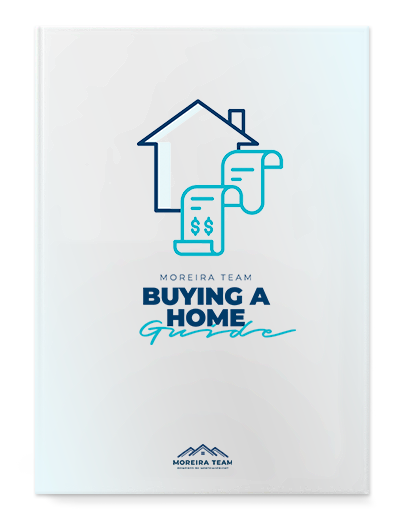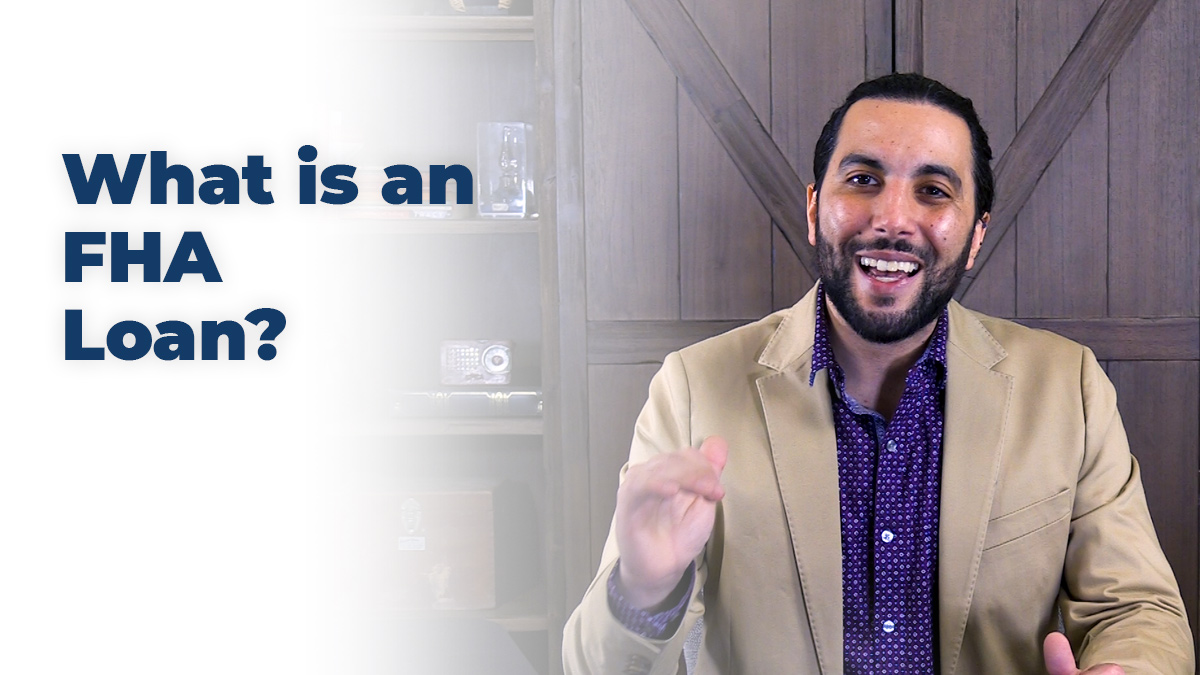In this article
FHA loans are often considered one of the most accessible mortgage options, thanks to their government backing by the Federal Housing Administration . FHA loans are very popular with first-time homebuyers due to the low down payment requirement of 3.5% and flexible guidelines. Plus, your entire down payment, including closing costs, can be covered with gift funds. Also, your debt-to-income ratio doesn’t have to be as low as with a conventional mortgage, and reserve funds aren’t generally required. However, anyone can apply for FHA financing. It isn’t limited to only to first time homebuyers.

Watch Now
What is an FHA loan?
An FHA loan is a government insured mortgage that is backed by The Federal Housing Administration. One of the key advantages of conventional loans is their relatively low down payment and credit score requirements. The minimum down payment for an FHA loan is 3.5% with a credit score of 580. Although if your credit score is lower a down payment of at least 10% would be needed.
Is it a good idea to get an FHA loan?
Here are a few things to keep in mind if you are considering an FHA mortgage to purchase a home.
Credit Score Inclusivity: FHA loans are open to borrowers with varying credit scores. Scores as low as 580 are allowed for certain borrowers making homeownership attainable for those with less-than-perfect credit histories.
Minimal Down Payment: FHA loans offer down payment options as low as 3.5% of the home’s purchase price. This feature is especially advantageous for first-time homebuyers who might have limited savings earmarked for a down payment.
Gifted Funds Flexibility: Borrowers can use gift funds not just for the down payment but also to cover closing costs. This flexibility allows family members or other sources to play a supportive role in the home buying process.
Debt-to-Income Leeway: FHA loans generally have more relaxed debt-to-income ratio requirements compared to conventional mortgages. This means borrowers can have a higher level of existing debt relative to their income and still qualify.
Reserve Funds Relief: Unlike some conventional loans, FHA loans typically do not mandate borrowers to have a substantial reserve fund, making them more accessible to those with limited savings.
First-Time Homebuyers: FHA loans are particularly well-suited for first-time homebuyers, providing a smoother path to homeownership with their lower down payment and credit score requirements.
Credit History Challenges: FHA loans are a practical option for borrowers with past credit challenges, such as previous financial difficulties or lower credit scores, offering a more attainable path compared to conventional mortgages.
How does an FHA loan work?
Many potential home buyers are under the impression that it is easy to qualify for an FHA loan mortgage, especially when their financial affairs are less than perfect. Generally that is true but you still need to meet certain standards to get approval. Similar to the “stricter”” conventional loans, the process of qualifying for an FHA loan is required. The standards that apply to successfully qualify for an FHA loan may be easier when compared to Conventional loans, but they are also forgiving which enables most buyers of homes to qualify.

7 Steps to Consider When Purchasing Your Home
Check this Guide Out! It is a must read if you are about to buy a house.
See GuideWho qualifies for an FHA loan?
In order to qualify for an FHA loan, you must meet the following criteria:
Credit Score: FHA loans are known for being more lenient when it comes to credit requirements. A credit score of 580 or higher is often recommended for a 3.5% down payment. If your credit score is between 500 and 579, you may still be eligible, but you’ll need to make a higher down payment, typically 10%.
Down Payment: As mentioned earlier, the minimum down payment is 3.5% for those with a credit score of 580 or higher, and 10% for those with a credit score between 500 and 579.
Income and Employment: You need to have a steady income and employment history. We look for at least two years of steady employment and income.
Debt-to-Income Ratio (DTI): Your debt-to-income ratio, which is the percentage of your income that goes toward paying your debts, should generally be below 50%. In some cases, a higher DTI of 55% if other aspects of your application are strong.
Property Requirements: The property being purchased with an FHA loan must meet certain standards, including being your primary residence. The property must also meet minimum property standards set by the FHA.
Mortgage Insurance: FHA loans require both upfront and annual mortgage insurance premiums (MIP). The upfront MIP can be financed as part of the loan, and the annual MIP is usually paid monthly.
Legal Residency: You must be a U.S. citizen, permanent resident, or have a valid work visa to qualify for an FHA loan.
FHA loans are the go-to mortgage option for many people due to their broad accessibility, reasonable down payment requirements, and flexible guidelines, making them a common choice for first time and repeat buyers.. It’s important to note that while FHA loans offer these advantages, they also come with certain costs, including FHA mortgage insurance premiums (MIP) that borrowers are required to pay. Additionally, FHA loan limits vary by location, and there are property type restrictions.
FHA loans can be an excellent choice for individuals and families looking to buy a home, particularly if they have lower credit scores or limited funds for a down payment. However, prospective borrowers should carefully evaluate their financial situation and homeownership goals and consider the terms and costs associated with FHA loans to determine if they are the right fit. Consulting with one of our mortgage advisors will help you make informed decisions about how the conventional purchase loan works.

Are You Ready to Make a Move?
It's FREE and takes less than a minute to see what you could get.
